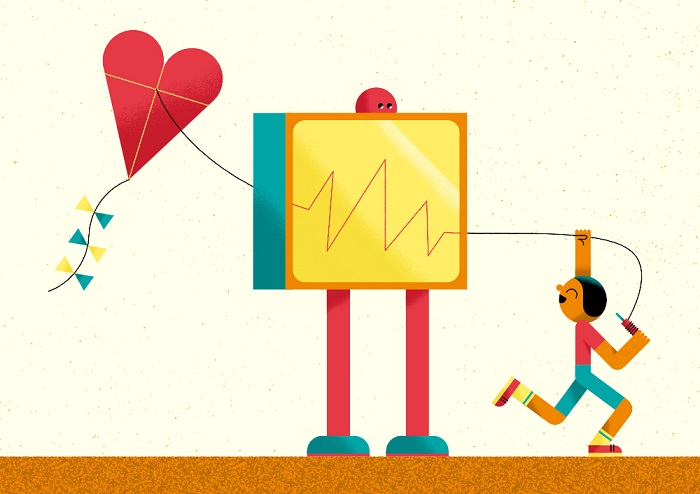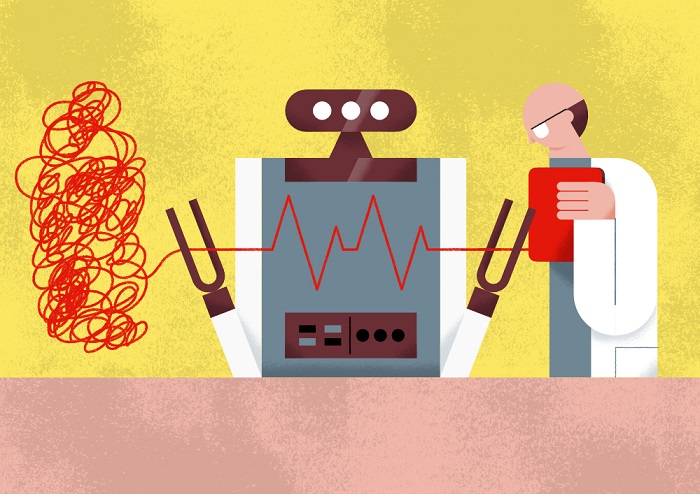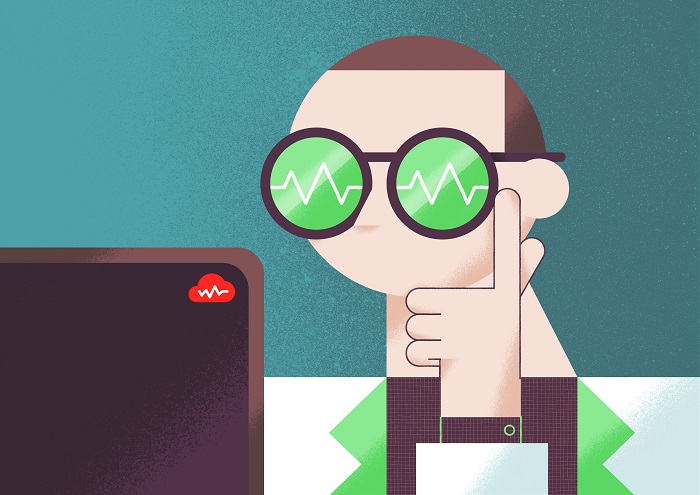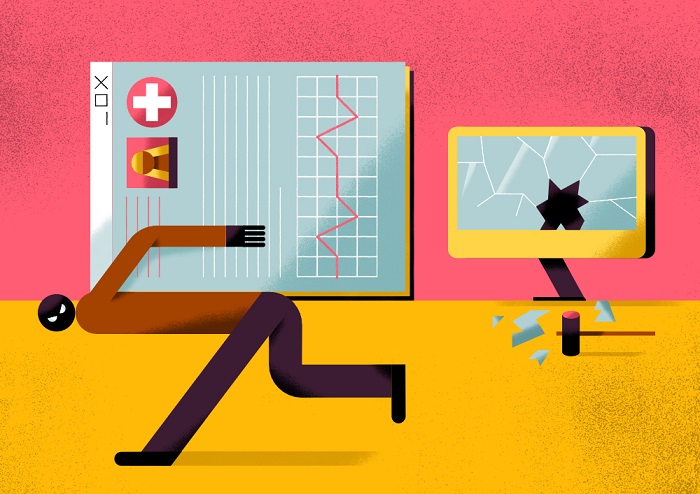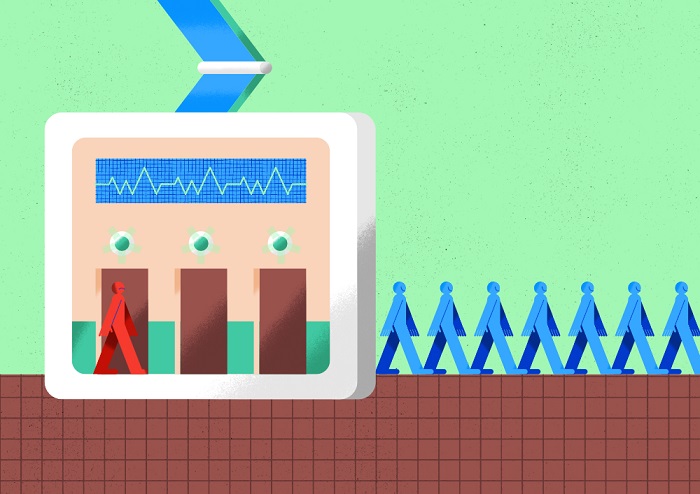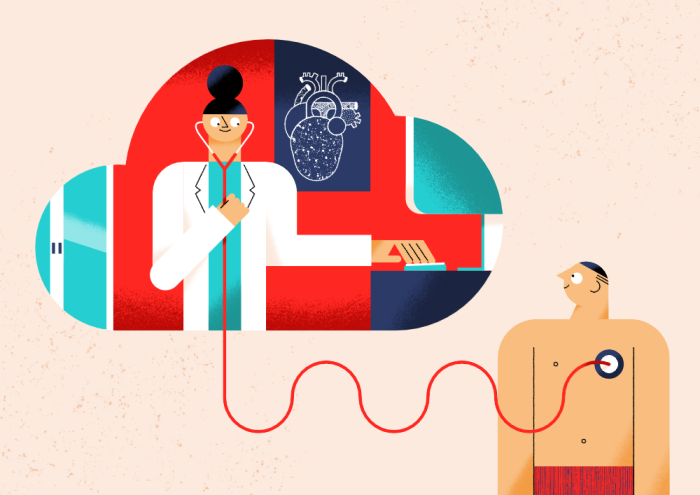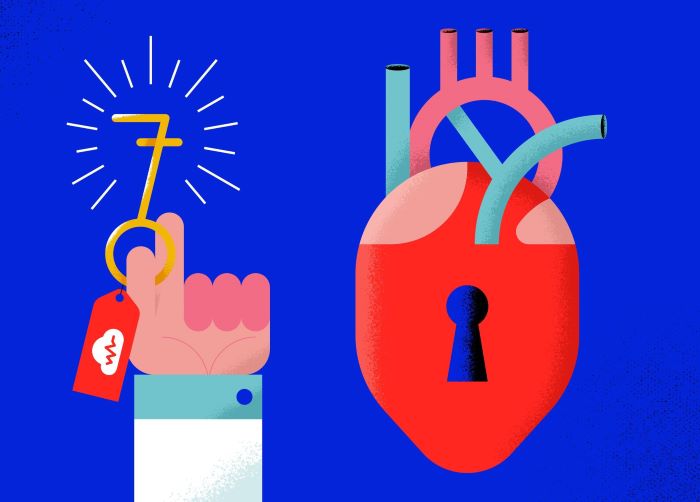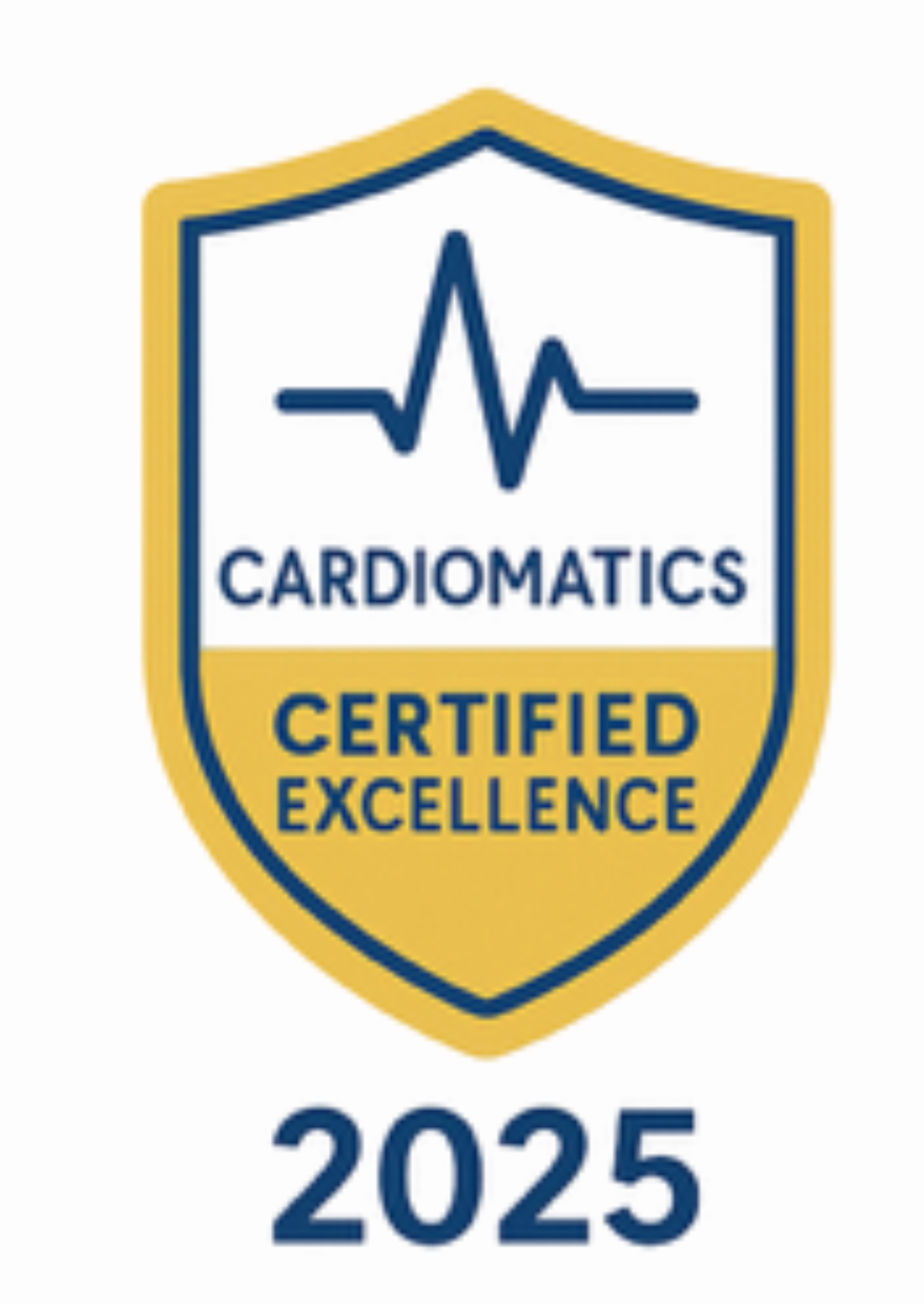Cardiac resynchronization therapy (CRT) holds promise for heart failure patients, but not all respond equally. Collaborating with the Medical University of Warsaw, we developed an AI algorithm to detect ineffective CRT pacing, potentially improving patient care. Our study involving 541 patients showed high sensitivity and precision in identifying effective CRT stimulation. Published in the Journal of Cardiovascular Development and Disease, our findings offer promising implications for optimizing CRT settings and enhancing patient outcomes.
In the rapidly evolving field of cardiology, managing the influx of scientific literature and patient data is a growing challenge. Technology, including AI, offers solutions to sift through vast amounts of data, aiding clinicians in diagnosis and therapy decisions. Cardiomatics provides automated ECG analysis, leveraging millions of clinical cases to deliver precise insights quickly, ultimately saving clinicians valuable time and improving patient care. Explore how Cardiomatics technology is revolutionizing cardiac care in the age of AI.
Cameras and ECG machines share a similar trajectory of evolution from bulky, complex devices to compact, accessible tools. Just as mobile phones revolutionized photography, handheld ECG devices are becoming more ubiquitous, offering convenience and quality previously unavailable. AI and cloud technologies are poised to streamline data processing and analysis in both fields, bridging the gap between increasing data volume and limited expertise in healthcare.
Cardiomatics and the Medical University of Warsaw are collaborating to develop Cardiomatics Junior, an innovative tool for automatic assessment of ECG signals in children. By utilizing AI-based algorithms, this project aims to revolutionize paediatric cardiology diagnostics, potentially reducing analysis time to 5 minutes and improving accessibility to Holter monitor testing for young patients. Supported by the National Centre for Research and Development, this groundbreaking initiative will benefit physicians, Holter monitor manufacturers, and clinical trial implementers, ultimately enhancing diagnosis and treatment of paediatric heart conditions.
Medical-grade algorithms in cardiology, powered by AI, are revolutionizing diagnosis, workflow, and patient outcomes. By automating ECG analysis, AI saves valuable physician time and enhances precision in detecting cardiovascular conditions. This technology streamlines workflows, improves access to care, and ensures patient safety, marking a significant advancement in healthcare. With AI integration, hospitals can achieve higher cost-effectiveness without compromising quality, ushering in a new era of precision medicine.
Prof. Michael Kühne and Prof. Christine Meyer-Zürn are leading the SWISS-AF-Burden study at the University of Basel, investigating the impact of atrial fibrillation (AF) burden on cardiovascular incidents. Partnering with Cardiomatics, they aim to streamline research through AI-based ECG signal analysis. The study’s findings could influence future treatment recommendations, offering insights into personalized care approaches based on AF burden. Preliminary results are expected to reveal the association between AF burden and cardiovascular events, shaping more tailored patient management strategies.
With healthcare technology advancing, cybersecurity is crucial to safeguard patient data from cyber threats. The EARS framework offers strategies for managing cyber incidents effectively, while cloud-based solutions like Cardiomatics provide secure data storage and monitoring. Organizations must prioritize cybersecurity to protect against evolving threats in the healthcare sector.
The COVID-19 pandemic has underscored the need for innovation in healthcare, particularly in cardiology. Embracing digital health technologies like AI can alleviate burdens on clinicians, improve patient outcomes, and streamline workflows. Solutions like Cardiomatics’ AI-based ECG analysis platform offer promising opportunities for enhancing diagnostic accuracy and reducing administrative tasks, marking a significant step toward redefining standards of care in cardiology.
Cardiomatics’ AI solution transforms cardiology by automating long-term ECG analysis, notably for detecting atrial fibrillation. It accelerates diagnostics, boosts precision, and conserves staff resources, revolutionizing patient care and empowering individuals in managing their cardiovascular health. This advancement marks a significant leap forward in cardiac diagnostics and therapy.
Cloud Computing is a major trend in the context of IT. This technology comes with major advantages that have helped its penetration in various sectors of the economy. In healthcare too cloud technology is on the advance. The COVID-19 crisis with positive examples of its application has added thrust. Germany, with its legacy of reluctance to embrace the cloud due to data privacy considerations, is also witnessing significant progress.
COVID-19 can lead to cardiac complications, including arrhythmias, especially in patients with pre-existing cardiovascular conditions. Studies show a significant association between COVID-19 infection and arrhythmias, emphasizing the need for regular cardiac monitoring. Cardiomatics offers an AI-powered solution for automatic ECG analysis, providing rapid and accurate detection of arrhythmias without the need for extensive resources, making it invaluable for healthcare facilities dealing with the COVID-19 crisis.
AI, such as Cardiomatics, enhances AF detection through swift and precise analysis of Holter ECGs, freeing up time for cardiologists to focus on patient care. By leveraging extensive datasets, these solutions advance understanding of cardiac conditions and support the development of better treatments and prevention methods. Cardiomatics welcomes collaboration to continually improve AI’s impact in healthcare.




